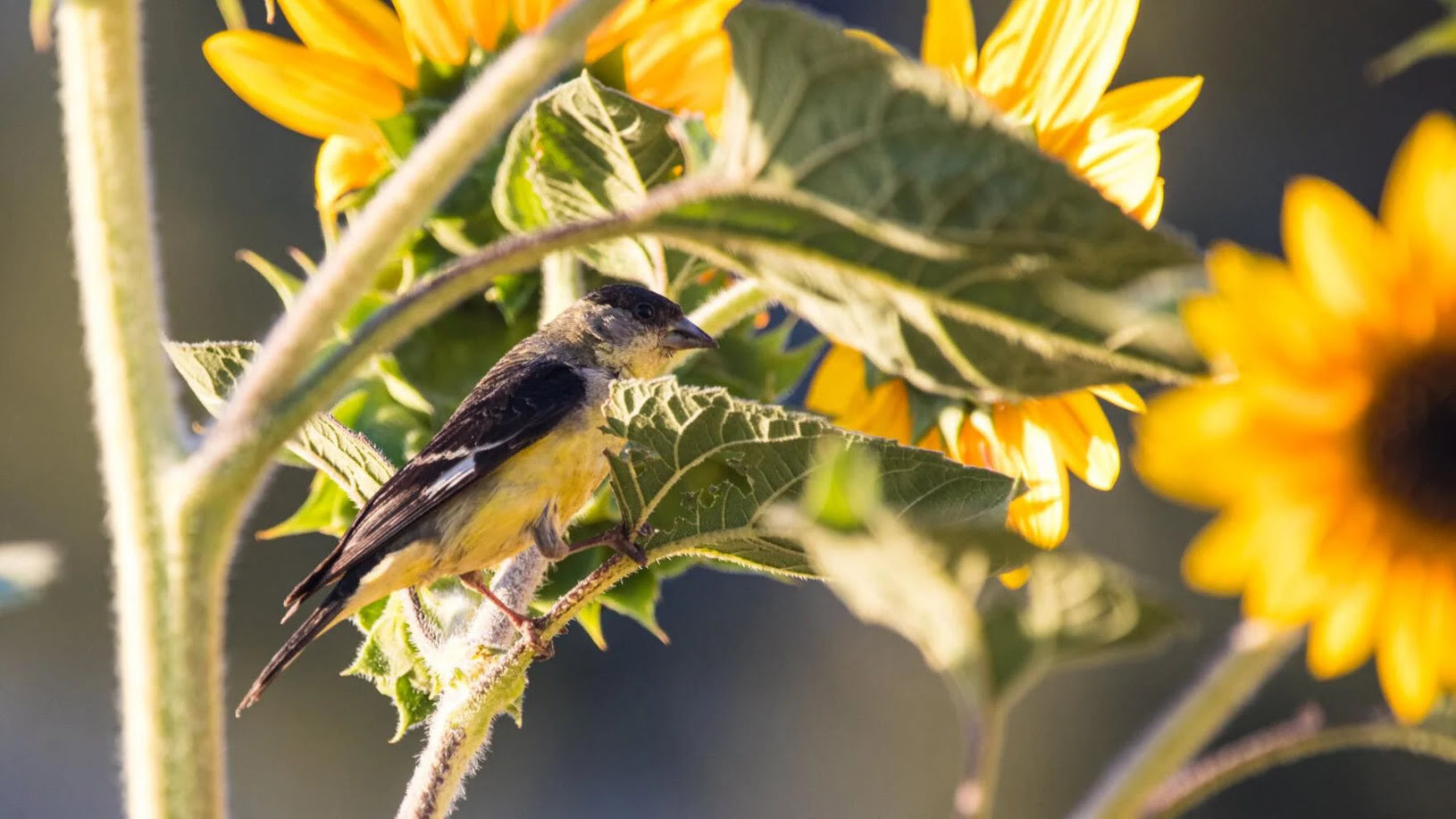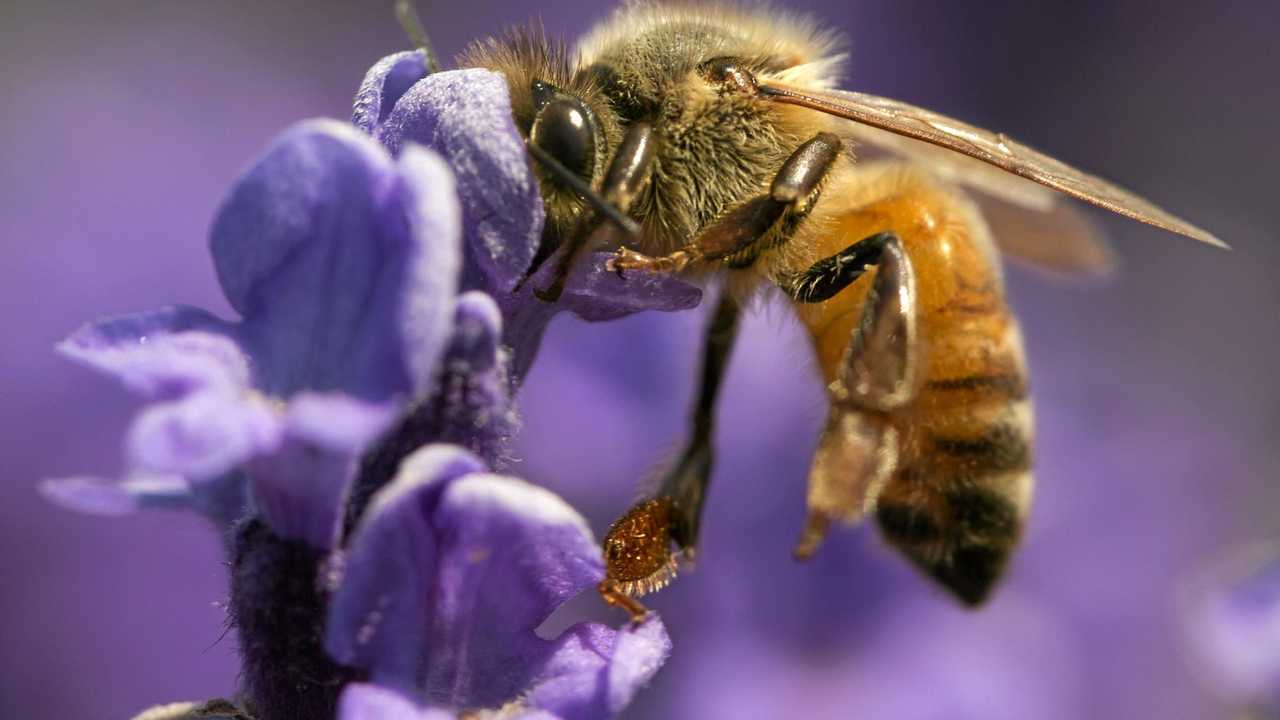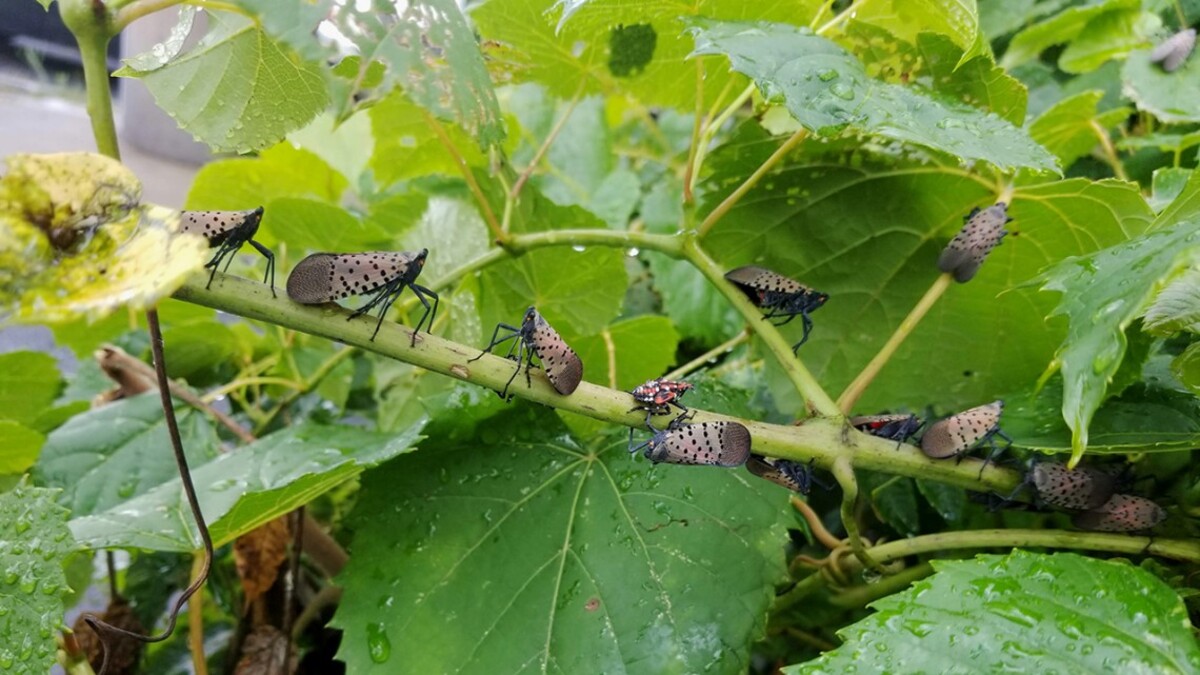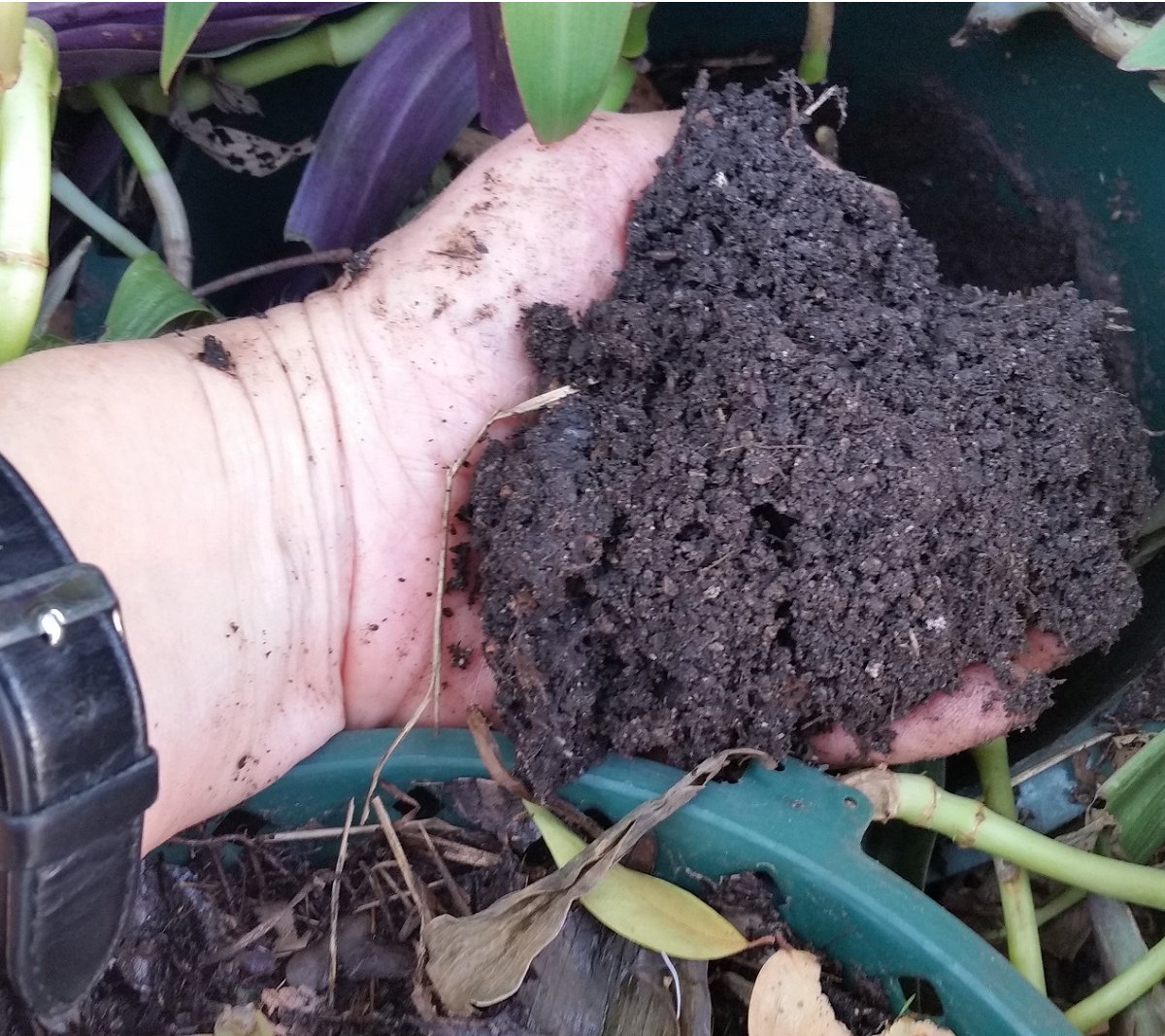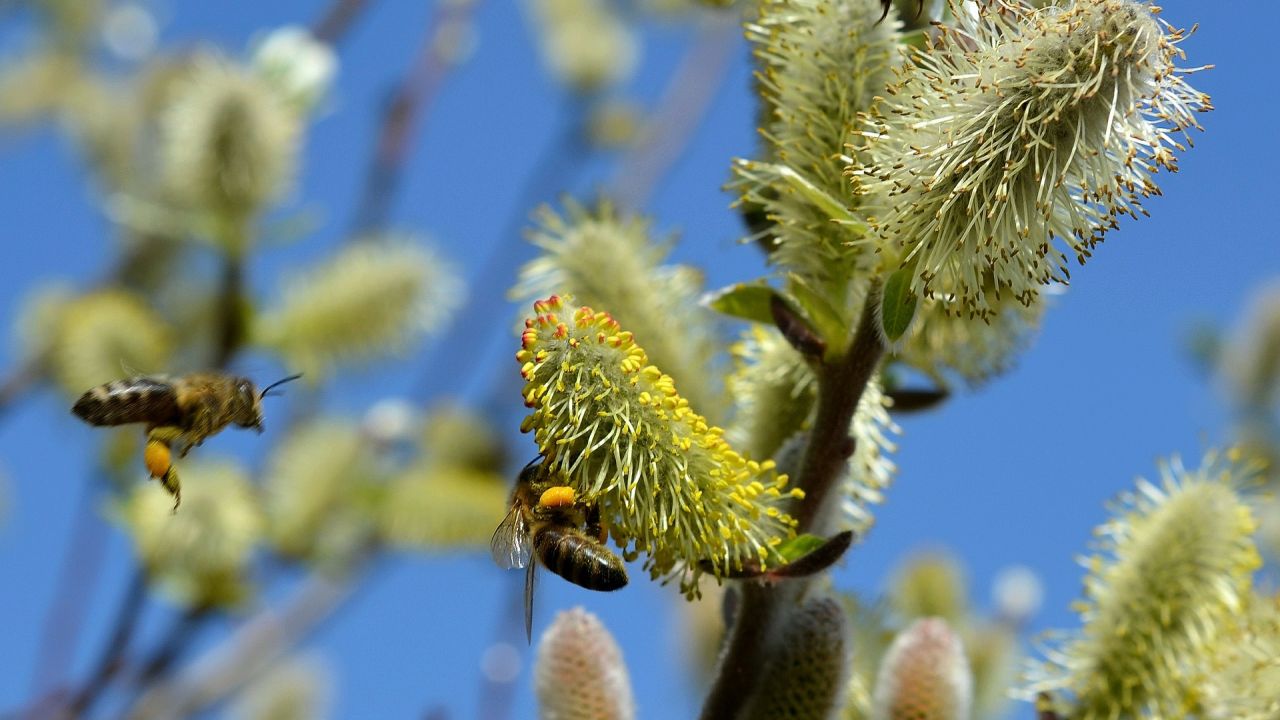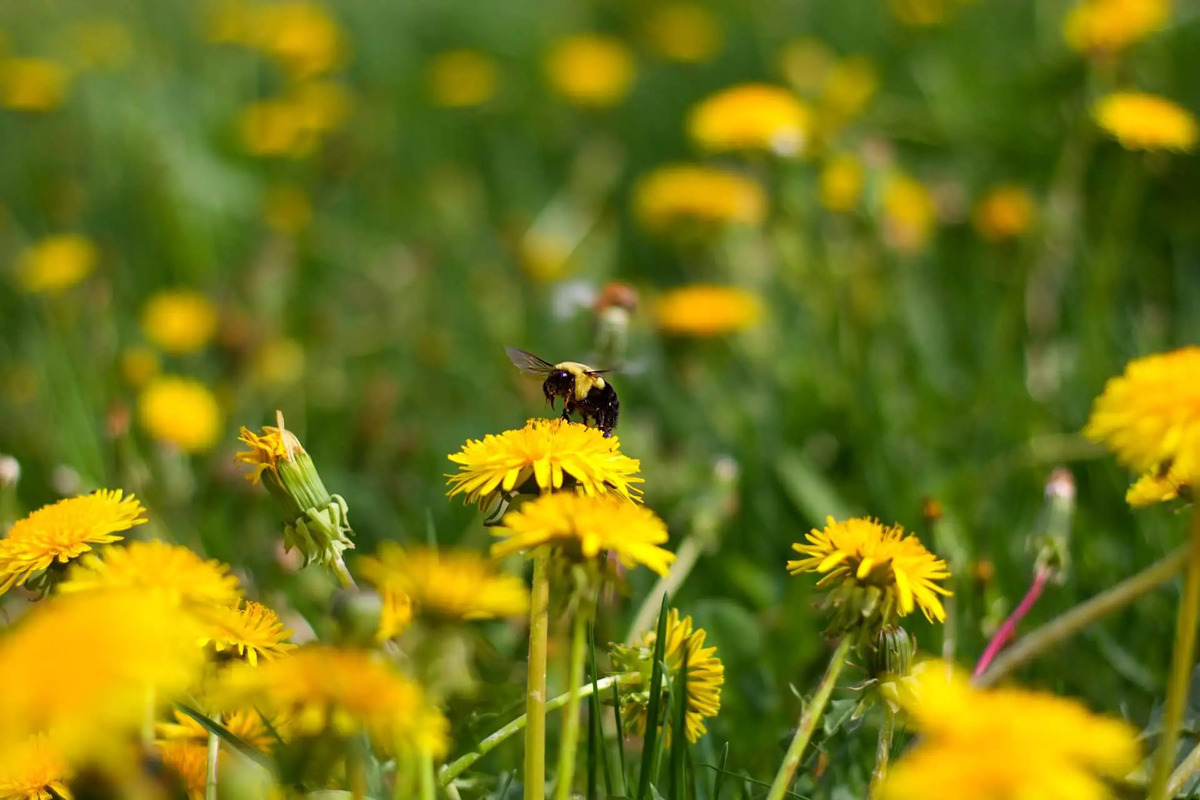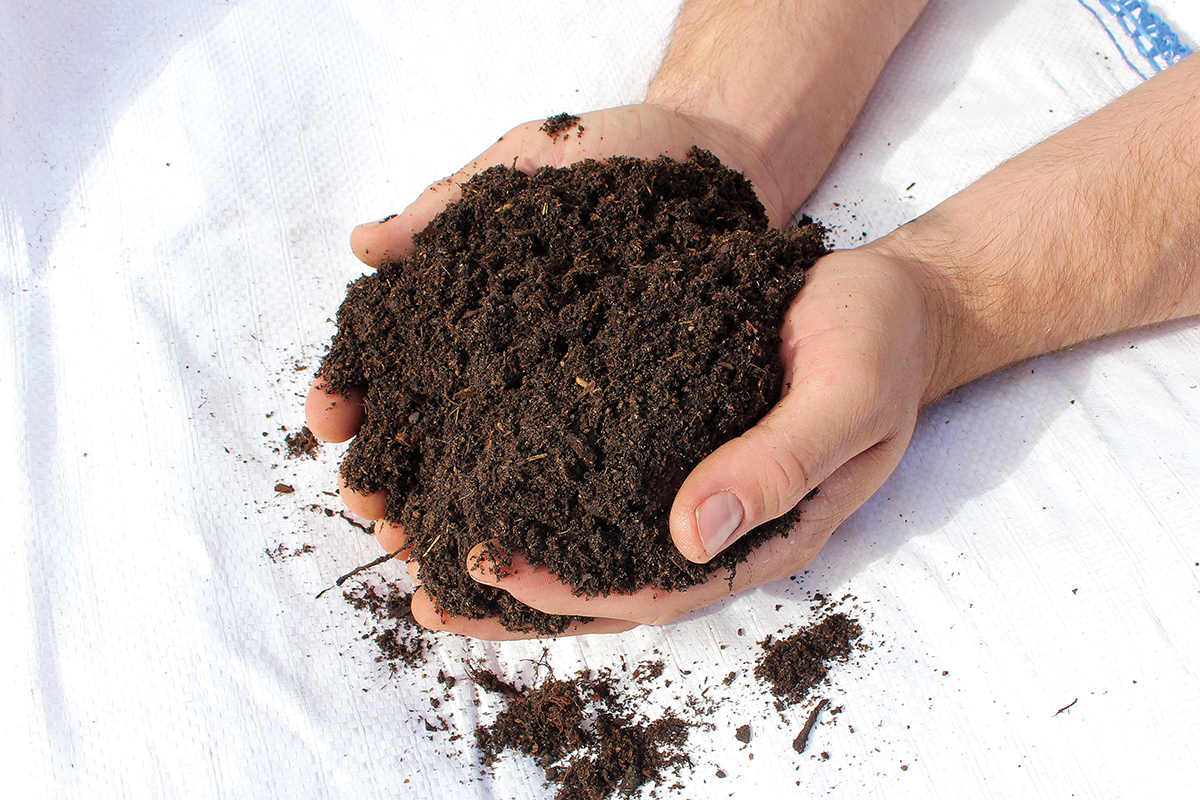Home>Gardening Tips and Tricks>Eco-Friendly Gardening>What Plants Like Mushroom Compost


Eco-Friendly Gardening
What Plants Like Mushroom Compost
Modified: January 22, 2024
Discover how to use eco-friendly gardening practices by incorporating mushroom compost into your plant care routine. Learn which plants thrive with this nutrient-rich compost for optimal growth and sustainability.
(Many of the links in this article redirect to a specific reviewed product. Your purchase of these products through affiliate links helps to generate commission for Chicagolandgardening.com, at no extra cost. Learn more)
Table of Contents
Introduction
Welcome to the world of eco-friendly gardening! If you’re passionate about nurturing plants while minimizing your impact on the environment, then you’ve come to the right place. In this article, we will delve into the fascinating world of mushroom compost and explore how it can benefit your garden and the plants within it.
Mushroom compost, also known as mushroom soil, is a nutrient-rich organic material that is created through the decomposition of various organic matter, such as straw, corn cobs, and other agricultural byproducts. It is the byproduct of mushroom cultivation, where mushrooms are grown on a substrate and the leftover compost is then recycled and repurposed.
What makes mushroom compost unique is its exceptional nutrient content. It contains a wide range of essential plant nutrients, including nitrogen, phosphorus, and potassium, as well as trace minerals and beneficial microorganisms. These nutrients are released slowly over time, providing a sustainable and long-lasting source of nourishment for your plants.
One of the primary benefits of using mushroom compost is its ability to improve soil structure. It enhances the soil’s water-holding capacity and promotes aeration, both of which are crucial for healthy plant growth. Furthermore, mushroom compost has a high organic matter content, which helps to improve soil fertility and increase beneficial microbial activity.
By incorporating mushroom compost into your gardening practices, you not only enhance the health and vitality of your plants but also contribute to sustainable and eco-friendly gardening methods. Mushroom compost helps to reduce food waste by recycling agricultural byproducts and provides an alternative to synthetic fertilizers, minimizing the use of harmful chemicals in your garden.
Whether you’re a seasoned gardener or just starting on your green-thumb journey, mushroom compost can be a valuable addition to your gardening arsenal. In the following sections, we will explore the specific benefits of mushroom compost for plants, as well as the types of plants that thrive with its use. We’ll also discuss how to effectively use mushroom compost in your garden and highlight any precautions or considerations to keep in mind. So, let’s dive in and discover the wonders of eco-friendly gardening with mushroom compost!
What is Mushroom Compost?
Mushroom compost, also known as mushroom soil, is a type of organic material that is created through the process of mushroom cultivation. During mushroom growth, a substrate of organic matter, such as straw, corn cobs, or wood chips, is prepared to provide the necessary nutrients for the mushrooms to thrive. After the mushrooms have been harvested, the remaining substrate undergoes a decomposition process, resulting in mushroom compost.
The decomposition process is facilitated by the action of various fungi and microorganisms, which break down the organic matter and convert it into a rich and nutrient-dense material. This process typically occurs in controlled environments, where temperature, humidity, and air circulation are carefully regulated to ensure optimal conditions for decomposition.
Mushroom compost is dark brown or black in color and has a distinctive earthy smell, reminiscent of a forest floor. It has a crumbly texture and is rich in organic matter, making it an excellent soil amendment for improving soil fertility and structure.
One of the key elements that make mushroom compost unique is its nutrient content. It is packed with essential plant nutrients, including nitrogen (N), phosphorus (P), and potassium (K), commonly referred to as NPK. Additionally, mushroom compost contains a range of micronutrients, such as iron, zinc, and manganese, which are vital for healthy plant growth.
Besides its nutrient content, mushroom compost also provides various other benefits to the soil and plants. It improves water retention by enhancing the soil’s ability to hold moisture, thereby reducing the need for frequent watering. It also promotes good drainage, preventing waterlogging and the potential for root rot.
Furthermore, mushroom compost is known to stimulate beneficial microbial activity in the soil. It provides a rich food source for soil microorganisms, such as bacteria and fungi, which play a crucial role in nutrient cycling and breaking down organic matter. This increased microbial activity promotes a healthy soil ecosystem and aids in the release of nutrients for plant uptake.
In the next section, we will explore the multitude of benefits that mushroom compost offers to plants and why it is a valuable addition to any eco-friendly gardening routine.
Benefits of Mushroom Compost for Plants
Mushroom compost offers numerous benefits to plants, making it a highly advantageous soil amendment in eco-friendly gardening practices. Let’s explore some of the significant advantages that mushroom compost provides:
- Nutrient-rich soil: Mushroom compost is a powerhouse of plant nutrients. It contains a balanced blend of nitrogen, phosphorus, and potassium (NPK), essential for healthy plant growth. These nutrients are released slowly over time, providing a sustained source of nourishment for plants.
- Improved soil structure: The organic matter in mushroom compost helps to enhance soil structure by improving both water-holding capacity and drainage. It creates loose and crumbly soil, allowing adequate oxygen flow to plant roots and reducing the risk of waterlogging.
- Enhanced nutrient availability: Mushroom compost supports the development of beneficial microbial activity in the soil. These microorganisms assist in breaking down organic matter and releasing nutrients for plant uptake. As a result, plants have increased access to vital nutrients, promoting vigorous growth and improved overall health.
- Reduced dependence on synthetic fertilizers: By incorporating mushroom compost into your gardening routine, you can significantly reduce the need for synthetic fertilizers. This not only saves you money but also minimizes the environmental impact associated with the production and use of chemical fertilizers.
- Increased water retention: Mushroom compost has excellent water-retaining properties, helping to reduce water loss through evaporation and increasing the availability of moisture to plant roots. This is especially beneficial in dry climates or during periods of water scarcity, as plants can access stored water in the compost.
- Promotion of beneficial soil microorganisms: The organic matter in mushroom compost serves as a food source for beneficial soil microorganisms, such as bacteria and fungi. These microorganisms play a crucial role in maintaining a healthy soil ecosystem, improving nutrient cycling, and suppressing harmful pathogens.
- Suppresses weed growth: The application of mushroom compost can help suppress weed growth by providing a thick layer of organic material that prevents weed seeds from germinating and penetrating the soil surface.
- Environmentally friendly: Using mushroom compost aligns with eco-friendly gardening practices. It helps to reduce food waste by recycling agricultural byproducts and promotes sustainable gardening methods by minimizing the use of synthetic chemicals in soil management.
With these numerous benefits, it’s no wonder that mushroom compost is highly regarded as a valuable asset to any garden. In the next section, we will explore the specific plants that thrive when mushroom compost is utilized.
Plants That Thrive with Mushroom Compost
Mushroom compost is beneficial for a wide range of plants, including flowers, vegetables, herbs, and even trees. The nutrient-rich composition and improved soil structure provided by mushroom compost create optimal growing conditions for various plant species. Let’s take a closer look at some of the plants that thrive when mushroom compost is used:
- Tomatoes: Tomato plants are heavy feeders and benefit greatly from the nutrient-rich properties of mushroom compost. It helps nurture robust tomato plants with improved fruit production.
- Roses: Roses love mushroom compost! It enriches the soil, promoting healthy root development and abundant blooms. The increased microbial activity facilitated by mushroom compost also helps suppress diseases that commonly affect roses.
- Herbs: Herbs like basil, parsley, and thyme thrive in soil amended with mushroom compost. The organic matter and nutrients provided by the compost support the growth of flavorful and aromatic herbs.
- Lettuce and Leafy Greens: Leafy greens, such as lettuce, spinach, and kale, benefit from the nutrient density of mushroom compost. It helps produce vibrant and nutrient-packed leaves.
- Peppers: Peppers appreciate the nutrient boost provided by mushroom compost. The compost aids in the development of healthy plants with increased pepper production.
- Perennials: Perennial flowers, including hostas, daylilies, and coneflowers, thrive when grown in soil enriched with mushroom compost. The compost’s ability to improve soil structure and fertility helps ensure long-lasting and vibrant blooms.
- Fruit Trees: Fruit trees, such as apple, peach, and cherry trees, benefit from the slow-release nutrients and improved soil conditions provided by mushroom compost. It promotes healthy growth and enhances fruit production.
- Vegetables: Various vegetables, including cucumbers, zucchini, and broccoli, benefit from the nutrient content and soil-enhancing properties of mushroom compost. It supports healthy and vigorous growth, resulting in bountiful harvests.
These are just a few examples of the many plants that thrive when mushroom compost is used. In general, most plants will benefit from the addition of mushroom compost, as it provides a balanced and sustainable source of nutrients for plant growth. However, it’s important to note that some plants may have specific soil requirements, so it’s always recommended to research individual plant needs before incorporating mushroom compost.
In the next section, we will discuss how to effectively use mushroom compost in your garden and explore some important precautions and considerations to keep in mind.
How to Use Mushroom Compost in Your Garden
Using mushroom compost in your garden is a simple and effective way to enhance soil fertility and promote healthy plant growth. Here are some guidelines to help you make the most of this valuable organic material:
- Prepare the soil: Before applying mushroom compost, ensure that your soil is well-prepared. Remove any weeds or debris and loosen the soil to facilitate proper mixing and incorporation of the compost.
- Calculate the amount: Determine the amount of mushroom compost needed based on the size of your garden or the specific planting area. Generally, a 1- to 2-inch layer of compost is sufficient for existing garden beds, while new or deprived soil may require a thicker layer of 3 to 6 inches.
- Spread and mix: Spread the mushroom compost evenly over the planting area or garden bed. Use a garden fork or tiller to mix the compost into the top few inches of soil. This ensures that the nutrients are incorporated throughout the root zone.
- Topdress and mulch: For established plants, you can topdress the mushroom compost around the base of the plants, taking care to avoid direct contact with the stems or foliage. Mulching the top layer with straw, wood chips, or another organic material helps retain moisture and further enriches the soil as the mulch breaks down.
- Water thoroughly: After applying the mushroom compost, water the soil thoroughly to help activate the nutrients and settle the compost into the soil. Adequate watering also helps prevent the compost from drying out and ensures proper integration with the existing soil.
- Maintain regular application: To maintain the fertility and nutrient levels in your soil, consider applying mushroom compost annually or as needed. This will help replenish the nutrients that have been used up by the plants or leached from the soil over time.
- Combine with other soil amendments: Mushroom compost can also be mixed with other soil amendments, such as organic matter or composted manure, to further enhance the soil’s nutrient content and structure. Experiment with different combinations to find the most suitable mix for your specific gardening needs.
- Monitor plant health: Regularly monitor the health and growth of your plants after applying mushroom compost. Observe for any signs of nutrient deficiencies or excessive growth. Adjust the application rate or frequency as necessary to ensure optimal plant performance.
Remember, moderation is key when using mushroom compost or any other soil amendment. While it offers numerous benefits, excessive application can potentially lead to imbalanced nutrient levels or water retention issues. It’s important to follow the recommended application rates and guidelines specific to your plants and gardening practices. Adjustments may be necessary depending on the unique requirements of your garden.
In the following section, we will discuss some precautions and considerations to keep in mind when using mushroom compost in your garden.
Precautions and Considerations
While mushroom compost is a beneficial addition to any garden, there are a few precautions and considerations to keep in mind to ensure its effective use:
- Quality and source: Ensure that you are using high-quality mushroom compost from a reliable source. Organic certifications and endorsements can provide reassurance about the compost’s quality and the absence of harmful contaminants.
- Pathogens and weed seeds: Although rare, mushroom compost may sometimes contain pathogens or weed seeds. To minimize the risk, purchase compost that has been properly heat-treated during the composting process to eliminate potential pathogens and undergoes rigorous quality control measures.
- pH levels: Mushroom compost has a slightly acidic pH level. While this can benefit many plants, it’s essential to monitor the pH levels of your soil. Some plants may prefer a more neutral or alkaline soil environment, so adjust the pH as necessary to meet specific plant requirements.
- Appropriate application rates: Avoid over-application of mushroom compost. While it is rich in nutrients, excessive amounts can result in nutrient imbalances or accumulation of salts in the soil. Follow the recommended application guidelines based on the specific needs of your plants.
- Supplement with other fertilizers: Mushroom compost is a valuable soil amendment, but it may not provide all the necessary nutrients in ideal proportions. To ensure optimal plant nutrition, consider supplementing with additional organic or slow-release fertilizers as needed.
- Avoid direct contact with plant parts: When applying mushroom compost, avoid direct contact with plant stems, foliage, or fruits. This can help prevent potential fungal disease issues and minimize any risk of burning or damaging plant tissues.
- Observe plant responses: Monitor your plants closely after applying mushroom compost. While it generally benefits plant growth, some plant species or individuals may have specific sensitivities or preferences. Look for signs of adverse reactions and make adjustments accordingly.
- Composting or storage: If you choose to create your own mushroom compost or store it for later use, ensure proper composting procedures to achieve complete decomposition and sterilization. Improperly composted materials may harbor pathogens or weed seeds, leading to potential issues in your garden.
By taking these precautions and considerations into account, you can maximize the benefits of using mushroom compost while minimizing any potential risks or challenges. Remember to always be mindful of specific plant requirements and adapt your gardening practices accordingly.
Now that we have explored the various aspects of using mushroom compost in your garden, it’s time to put this valuable knowledge into action and watch your plants thrive in a sustainable and eco-friendly way.
Conclusion
In conclusion, mushroom compost is a fantastic addition to any eco-friendly gardener’s toolbox. Its nutrient-rich composition, ability to improve soil structure, and support of beneficial microbial activity make it a valuable soil amendment for promoting healthy plant growth. By incorporating mushroom compost into your gardening practices, you can provide your plants with a sustained source of nutrients, improve soil fertility, and reduce the dependency on synthetic fertilizers.
Various plants thrive when grown in soil amended with mushroom compost. From tomatoes and roses to herbs and fruit trees, the benefits of mushroom compost are extensive, providing optimal growing conditions for a wide range of plant species. However, it’s crucial to consider plant-specific requirements and monitor their responses to ensure an appropriate balance of nutrients.
When using mushroom compost, it’s important to follow some precautions and considerations. Ensure the quality and source of the compost, be mindful of potential pathogens or weed seeds, and monitor the pH levels and application rates to avoid any negative impacts. Supplementing with other fertilizers as needed and avoiding direct contact with plant parts are also important practices.
Eco-friendly gardening with mushroom compost not only enhances the health and vigor of your plants but also contributes to sustainable gardening practices. By reducing food waste through composting and minimizing the use of synthetic chemicals, you can play a part in protecting the environment and promoting a healthier ecosystem.
So, whether you’re a seasoned gardener or just starting your green-thumb journey, consider incorporating mushroom compost into your gardening routine. Experience the benefits of improved soil fertility, vibrant plant growth, and abundant harvests while making a positive impact on the environment. Take a step towards eco-friendly gardening with mushroom compost and witness the transformation in your garden.
